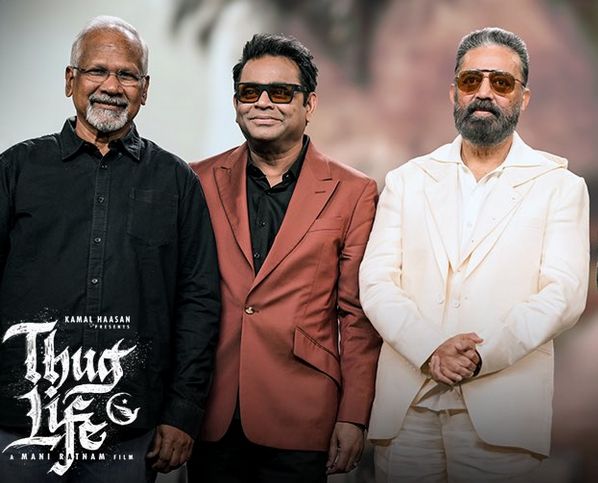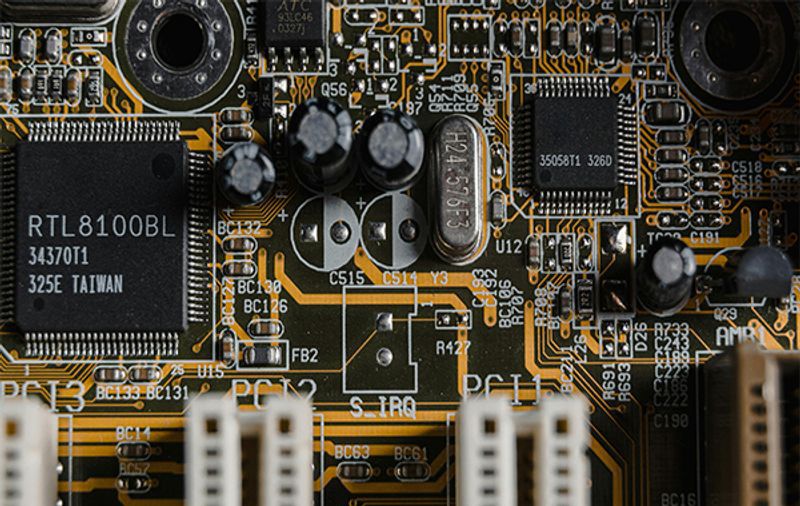 Image Source: Communications Today
Image Source: Communications Today
India's vision to be a global leader in 6G technology was the highlight of the day at the Bharat 6G 2025 International Conference and Exhibition conference in New Delhi. Minister of State for Communications and Rural Development Dr. Chandra Sekhar Pemmasani stressed the country's shift from being a follower of technology to becoming a technology leader and called upon all the stakeholders to accord the Bharat 6G project not just as a technology project but as a national mission.
India has already funded over 111 research projects under the Bharat 6G Mission, of which ₹300 crore has been specifically allocated to driving innovation. India is now placed in the top six of the world in 6G patent filings, proving its growing role in the emerging wireless technology. The Bharat 6G Vision, launched in March 2023, has a far-reaching vision: to create, design, and deploy 6G technologies by 2030, through international collaborations with countries like Japan, Singapore, and Finland.
Dr. Pemmasani defined 6G as an "absolute transformation" rather than a typical upgrade, with ultra-high-speed networks, sub-millisecond latency, and intelligent, AI-native infrastructure in the offing. He highlighted 6G capability to revolutionize sectors such as healthcare, education, agriculture, and smart cities, and projected indigenous 6G development to add $1 trillion to India's economy by 2035.
But industry captains at the conclave called for a pragmatic, step-by-step process. They called for robust monetization of 5G, development of real-world use cases, and focus on underlying infrastructure to ensure a secure and equitable future. Aruna Sundararajan, Chairperson, Broadband India Forum, called for adoption of cybersecurity and AI capability right at the outset and capturing a significant share of intellectual property in telecom across the world. Nokia India's Sandeep Saxena said the transition to 6G would be incremental and 5G Advanced would act as a bridge. He highlighted the importance of infrastructure choices today in determining India's future readiness.
Although India's growth should be appreciated, there are issues still present, such as terahertz spectrum management, scaling of AI incorporation, and rural connectivity. The experts concurred that continued focus and innovation would be crucial in developing an inclusive and competitive 6G ecosystem worldwide.
Dr. Pemmasani concluded, "This mission has to be transformational, one like never before. Let us create a 6G ecosystem made in India, for the world, secure by design, and transformational by impact."
Source: BusinessWorld
Advertisement
Advertisement



